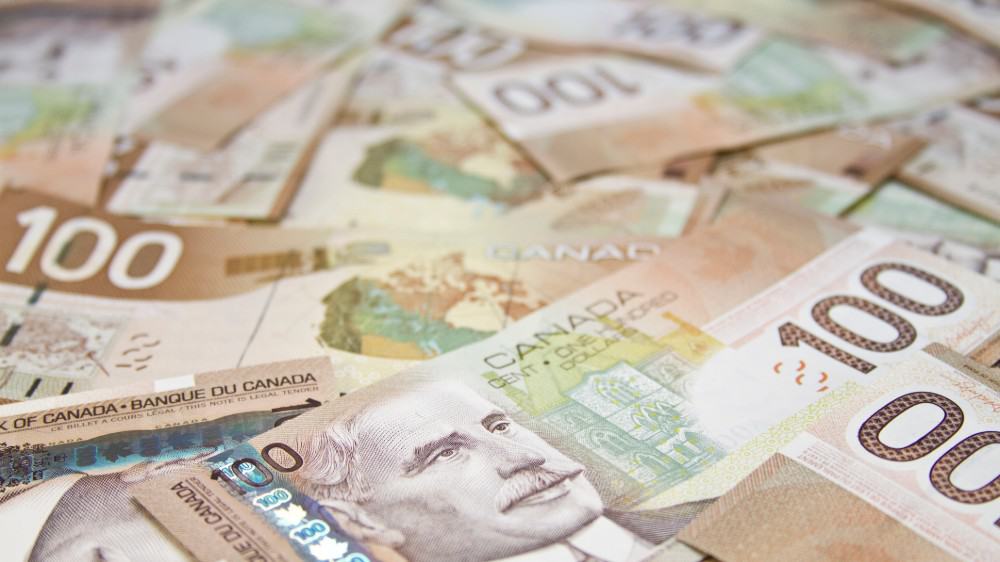As the second wave of COVID-19 is haunting Canadians across all provinces, citizens are expecting Canada Revenue Agency (CRA) to extend Canada Emergency Response Benefit (CERB). However, the Trudeau administration hasn’t yet announced any plan to extend CERB beyond September 26 — the date when it’s set to end.
Why CERB is not being extended
It’s important to note that CRA is not the only government agency responsible for managing and planning CERB. Instead, CRA and Employment and Social Development Canada jointly administer the scheme that allowed eligible Canadians to avail $2,000 a month benefit for the last seven months.
CERB scheme has benefited millions of Canadians by providing them much-needed financial support during the coronavirus crisis. But experts many have criticized the scheme to be overly generous as the Trudeau administration has already spent billions to provide these benefits — increasing the financial burden on the government.
Based on government data, Canada has already spent nearly $78 billion by processing 26.7 million applications under CERB benefits. According to an estimate, if the government extends CERB to 2021 — its total cost may cross $100 billion.
This cost would be significantly higher than $35 billion — the government initially planned to spend on the scheme. This huge expenditure on a single scheme may badly hurt the country’s economy. This could be the main reason why the government hasn’t announced the CERB extension.
Here are the benefits that you can avail after CERB ends
During the throne speech on September 23, the government highlighted the importance of continuing financial support to needy Canadians. With this, the administration promised to expand Canada Emergency Wage Subsidy (CEWS) to 2021. Before this announcement, the wage subsidy scheme was about to expire on November 21.
Also, the government promised an expansion of employment insurance (EI) that would allow support to the Canadians who don’t — in normal circumstances — qualify for the insurance.
Reduce dependence on the government benefits
While you can still avail EI benefits to help you swim through these tough times, you should start thinking of a plan to reduce your dependency on the government benefits — if a similar situation or the need arises in the future.
The first step would be to start saving a part of your total monthly income. Second, you should try to invest the savings in the shares of trustworthy companies that also give you a handsome annual dividend.
For example, the real estate giant Brookfield Property Partners (TSX:BPY.UN)(NASDAQ:BPY) and the largest Canadian bank Royal Bank of Canada (TSX:RY)(NYSE:RY), could be two such great stocks. Brookfield Property currently offers a solid double-digit 12.2% dividend yield — highest among all TSX stocks. At the same time, RBC has a 4.7% dividend yield.
In 2020 so far, the shares of Brookfield Property Partners and Royal Bank of Canada have lost 40% and 12%. While the ongoing pandemic has temporarily affected their business, both companies are fundamentally strong.
In 2019, Brookfield Property Partners reported a 37% rise in its sales to nearly US$7 billion. The higher revenues helped the company crash analysts’ earnings expectations as it posted US$1.89 earnings per share — as compared to estimates of US$1.44. To save costs, Brookfield Property Partners’ retail business arm is cutting nearly 20% of its workforce — which is likely to boost investors’ confidence and help its stock recover.
Despite the pandemic related headwinds, Royal Bank of Canada’s revenue grew by nearly 12% in the July 2020 quarter. The bank also beat Bay Street’s earnings estimates by 26% as it reported earnings of $2.23 per share for the quarter. For years, Royal Bank of Canada has been trying to improve its digital product offerings — that’s paying off well during the pandemic.
Foolish takeaway
If you’re one of those Canadians who have been availing CERB benefits lately, switching to EI and other government benefits might not be an easy task for you. However, you must act now by start saving and investing your money in good stocks that could help you reduce your dependency on government benefits.









